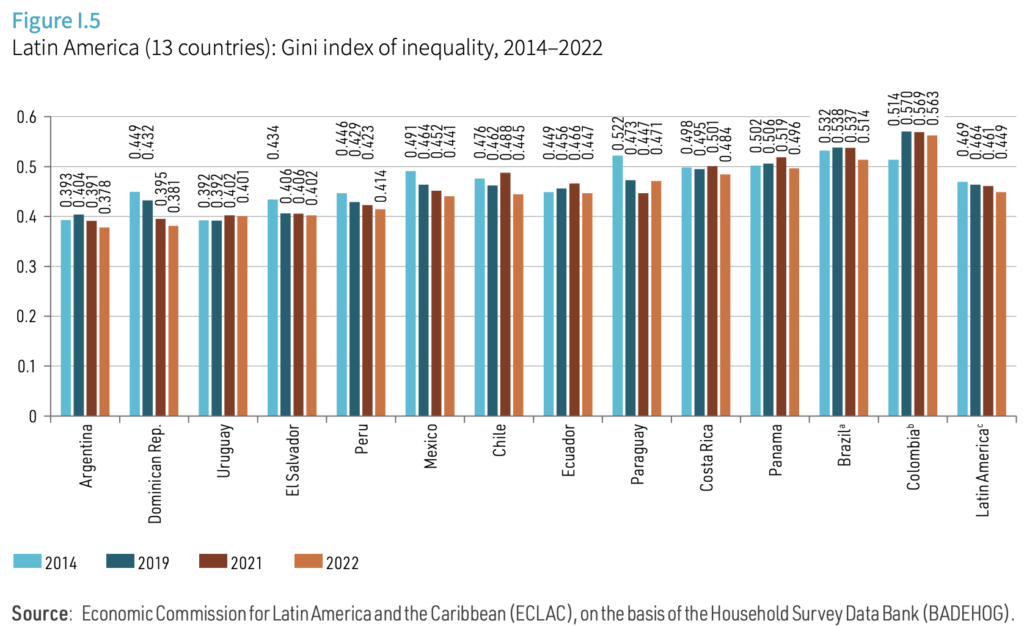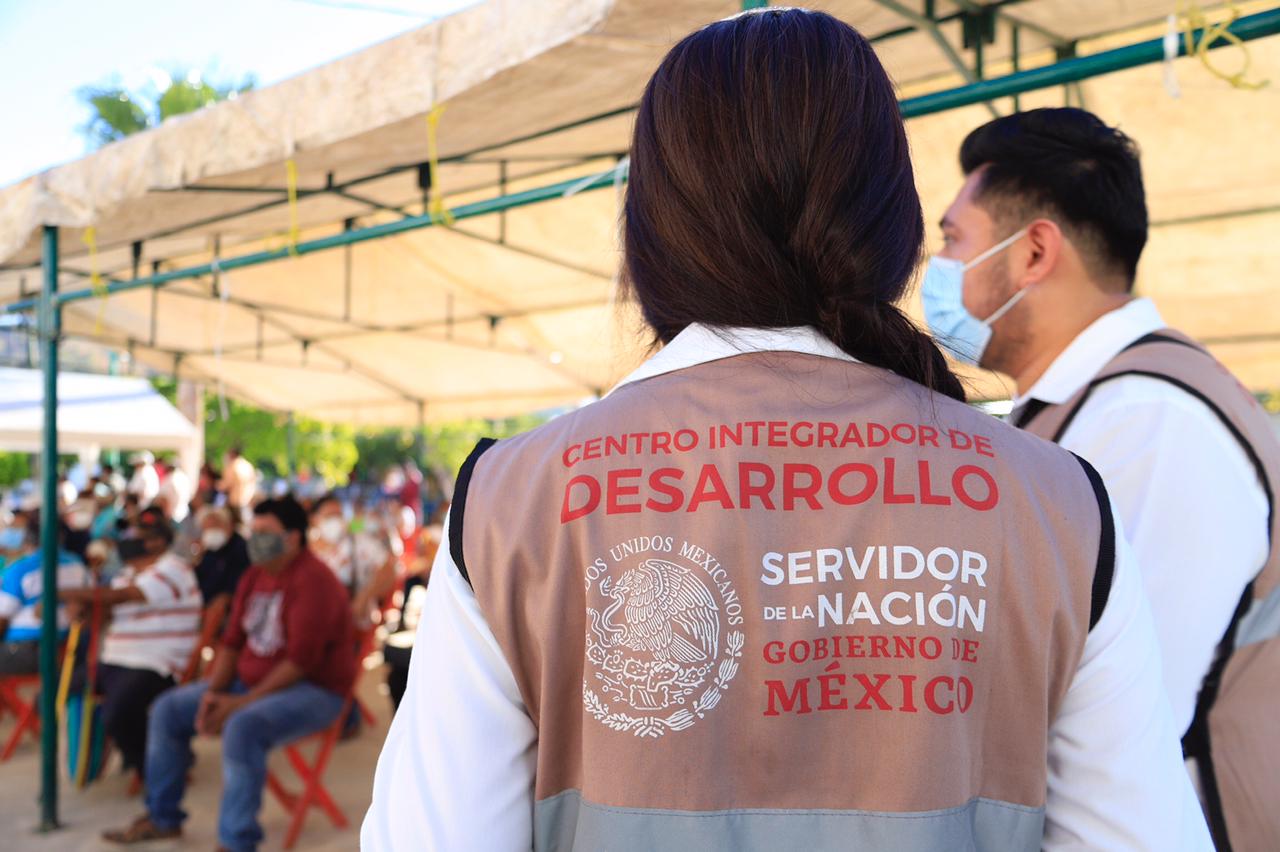Mexico: UN Report Finds Drop in Poverty and Inequality as Wealth Concentration also Falls
Mexico City, November 28, 2023 (mexicosolidarity.com) – The United Nations (UN) Economic Commission for Latin America and the Caribbean found a significant drop in poverty and inequality in Mexico.
The report from the Economic Commission for Latin America and the Caribbean, known as ECLAC, found that from 2021 to 2022 poverty in the country fell 4.4 percent, representing 28.6 percent of the population, with extreme poverty dropping by 1.5 points to 6.2 percent.
Meanwhile in the region the percentage of people living in poverty fell to 29 percent and extreme poverty declined to 11.2 percent, with income inequality remaining a persistent challenge.
“In Latin America, the income of the highest-income decile is equivalent to 21 times more than that of the lowest-income decile,” emphasized ECLAC Executive Secretary José Manuel Salazar-Xirinachs.
The findings were revealed Thursday in ECLAC’s Social Panorama of Latin America and the Caribbean, a yearly report on official measurements for the analysis of income poverty in the region. The 2023 report’s main theme was labor inclusion.
Within Mexico, ECLAC reported an improvement in the incomes of households at the bottom quintile, representing the poorest in the country, with wealth by the country’s wealthiest growing more slowly than that of the general population. This was reflected in a drop in the Gini index, one of the most widely used measures of inequality, which decreased from 0.464 in 2019 to 0.441 in 2022.

The report specifically pointed to the impact of State cash-transfer programs in bringing down inequality.
“On average, State transfers brought the Gini index down by 2.8% in 2019, 3.7% in 2021 and 3.4% in 2022 compared to the value that would have been obtained if they had not been included,” read the ECLAC report.
Direct cash-transfer programs are the bedrock of Mexican President Andrés Manuel López Obrador’s social welfare strategy. Opinion polls have consistently found that these social programs, including a universal pension for seniors and scholarships for students, are among López Obrador’s most popular policies.
In 2020, the ruling Morena party successfully negotiated a constitutional amendment that made these cash-transfer programs a constitutional right in the country. According to figures provided by the report, when AMLO came into office in 2018, poverty stood at 35.5 percent, with one year left in his term it stands at 28.6 percent today.
ECLAC head Salazar-Xirinachs warned that despite figures indicating a reduction in poverty in the region, “there is no reason to celebrate.”
“More than 180 million people in our region do not have enough income to meet their basic needs, and 70 million of them lack the income needed to acquire a basic food basket. In total, nearly one-third of the region’s population is living in poverty, a percentage that rises to 42.5% in the case of children and adolescents – a reality we cannot tolerate,” said Salazar-Xirinachs.
The ECLAC report further found that substantial gender disparities persisted in the region. The UN body said that the labor participation rate of women stood at 51.9 percent versus 74.5 percent for men, with women in the region experiencing higher unemployment rates.
“The main barrier to women’s labor inclusion is the burden of care work,” claimed ECLAC in a statement.
Edited by José Luis Granados Ceja in Mexico City.

